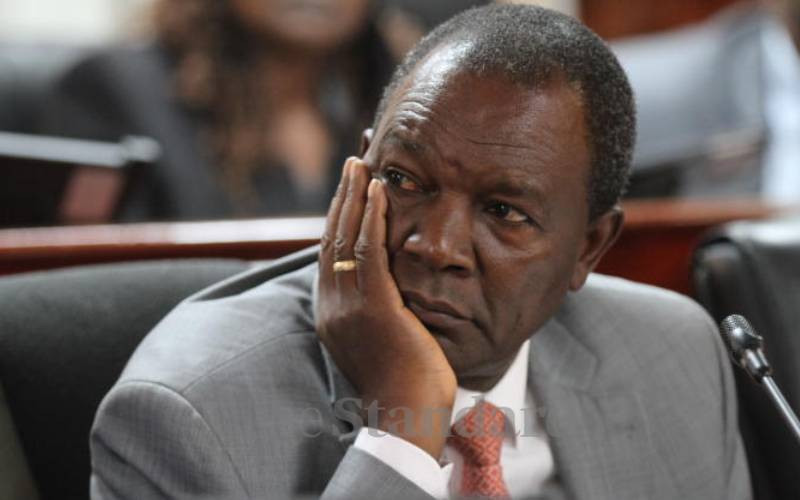×
The Standard e-Paper
Kenya’s Boldest Voice

The government plans to spend Sh4.2 trillion over the next financial year, an increase of 7.7 per cent from Sh3.9 trillion that it expects to have spent by the end of the current financial year that closes on June 30.
And to finance this, the government will come down even harder on Kenyans, seeking more taxes, with the Kenya Revenue Authority (KRA) having been given a higher target.